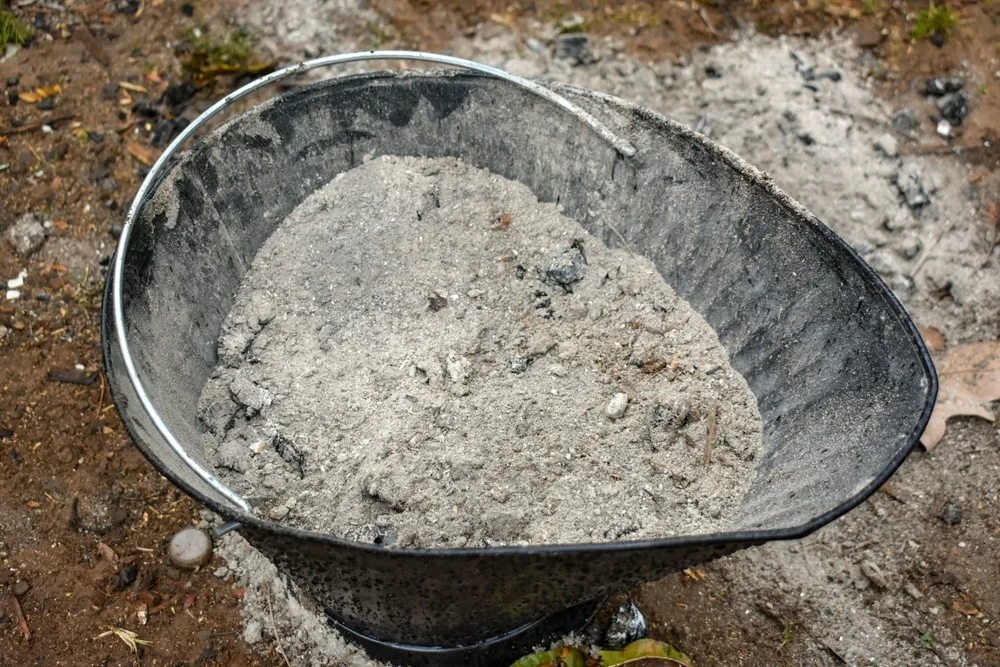Ash from wood fires, often seen as a simple byproduct, has become highly valued by gardening enthusiasts for its numerous advantages.
Typically discarded without much thought, this fine, powdery residue from cozy fires and wood-burning stoves is praised for improving soil, repelling pests, and nourishing specific plants with its rich mineral content.

When used correctly, wood ash is an alkaline substance that can greatly benefit acid-loving plants. This article explores how wood ash can become an unexpected hero in your garden.
The Benefits of Wood Ash in Gardening
1. Soil Improvement
Wood ash can change the pH of soil. Rich in calcium carbonate, it acts like lime, raising soil pH and neutralizing acidity. This is particularly useful for plants that prefer more alkaline conditions.
2. Natural Pest Deterrent
Garden pests like slugs and snails dislike the texture and makeup of wood ash. Sprinkling a circle of ash around vulnerable plants creates a natural barrier without resorting to harmful chemicals.
3. Nutrient Enrichment
Wood ash contains potassium, essential for plant health, and other nutrients like phosphorus, magnesium, and calcium. These provide a mild, natural fertilizer that enhances garden soil.
4. Compost Booster
Adding wood ash to your compost pile can be beneficial. It helps maintain a balanced pH level and contributes minerals that will eventually enrich your garden soil.
5. Disease Prevention
Wood ash can help combat certain fungal diseases. Its alkaline nature discourages fungi that thrive in acidic conditions, thus protecting plants from harmful diseases.
It’s important to use wood ash in moderation. Due to its alkalinity, excessive use can unbalance the soil and harm acid-loving plants like blueberries and azaleas.
Also, avoid ash from treated wood or wood with residual chemicals, which can harm your garden and the environment.
In summary, carefully using wood ash can work wonders in your garden. Its multiple benefits, from soil enhancement to pest control, make it a valuable resource for gardeners aiming to boost the health and productivity of their garden naturally.
Remember, moderation and understanding your garden’s needs are crucial for success.
